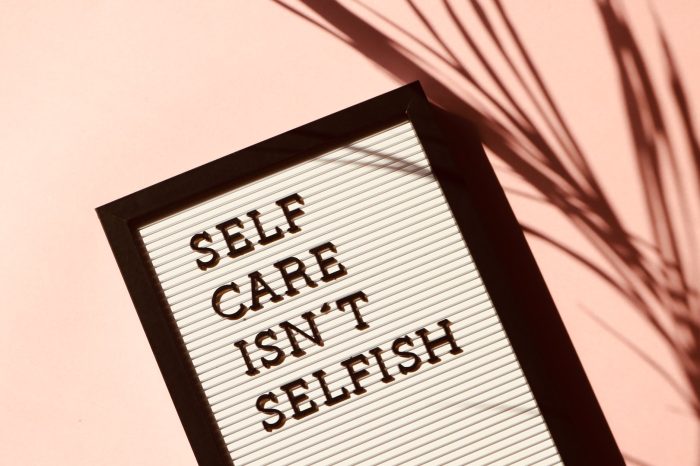We’re conditioned by society from an early age to take on what can be an excessive amount of obligations in order to be called “successful” or “well-rounded.”
As students, we’re expected to balance academics, athletics, extracurricular activities, and often jobs while trying to uphold a social life and good grades. As, post-grads, those newly entering the workforce will often experience the overwhelming feeling of needing to stay overloaded. This overwhelming feeling can lead to burnout.
Burnout is when you experience exhaustion and feel drained, causing an increasing mental disconnect from work. It can be hard to have a balanced life when you feel burned out. It’s a recipe for poor mental health in the short term and leaves us unpracticed at establishing good mental health habits to sustain us across an entire career. Most recently, more people are working remotely from home due to the pandemic, and a home-work balance may start to feel like a work-work balance.
The Great Resignation last year is an example of the price of employee burnout. Balancing work and personal obligations might be challenging, but putting mental health first is crucial. In February 2022, SimpleTexting researched employee burnout and polled 1,000 Americans on burnout and quit rates.
The survey discovered that 71% of people do not tell their employer they feel exhausted. It also revealed that younger generations are becoming less comfortable informing their employers that they feel burned out. Just 17% of Generation Z will tell their employer they feel burned out. Gen Z is afraid of the stigma around mental health, yet paradoxically, keeping their burnout hidden might result in negative mental repercussions.
“Time is money” and “hard work pays off,” but the paycheck does not reflect that. With high inflation, it may cause people to doubt whether all of this stress is justified. According to 70% of respondents, receiving a compensation increase would lessen their symptoms of burnout.
When the pay is stagnant, with extra hours, more work, and fewer employees, current employees may contemplate quitting. At least 1 in 3 people think about quitting their job at least once a week! In order for people to stay at their current job, 64% want higher pay and better benefits, 31% need more time off work, and 29% want career growth.
The workload and hours that an individual can undertake should be openly discussed between the employee and their boss. Overworking employees serves no purpose since it makes work less efficient and is detrimental to their mental health. It may also result in losing valuable employees! To reduce the employee quitting rate, it may be helpful to consider mental health check-ins.











Read 0 comments and reply